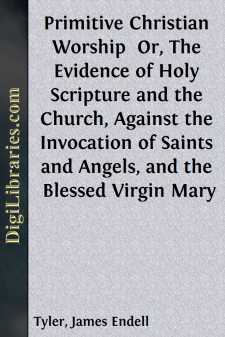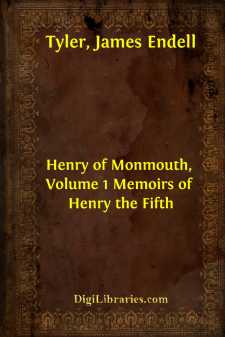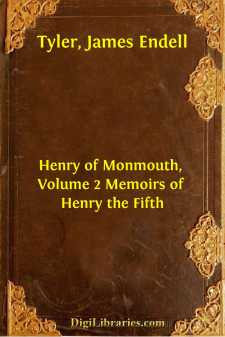Categories
- Antiques & Collectibles 13
- Architecture 36
- Art 48
- Bibles 22
- Biography & Autobiography 813
- Body, Mind & Spirit 141
- Business & Economics 28
- Children's Books 12
- Children's Fiction 9
- Computers 4
- Cooking 94
- Crafts & Hobbies 4
- Drama 346
- Education 46
- Family & Relationships 57
- Fiction 11826
- Games 19
- Gardening 17
- Health & Fitness 34
- History 1377
- House & Home 1
- Humor 147
- Juvenile Fiction 1873
- Juvenile Nonfiction 202
- Language Arts & Disciplines 88
- Law 16
- Literary Collections 686
- Literary Criticism 179
- Mathematics 13
- Medical 41
- Music 40
- Nature 179
- Non-Classifiable 1768
- Performing Arts 7
- Periodicals 1453
- Philosophy 64
- Photography 2
- Poetry 896
- Political Science 203
- Psychology 42
- Reference 154
- Religion 513
- Science 126
- Self-Help 83
- Social Science 81
- Sports & Recreation 34
- Study Aids 3
- Technology & Engineering 59
- Transportation 23
- Travel 463
- True Crime 29
Primitive Christian Worship Or, The Evidence of Holy Scripture and the Church, Against the Invocation of Saints and Angels, and the Blessed Virgin Mary
Description:
Excerpt
CHAPTER I.
THE DUTY OF PRIVATE JUDGMENT.
Fellow Christians,
Whilst I invite you to accompany me in a free and full investigation of one of those tenets and practices which keep asunder the Roman and the Anglican Church, I am conscious in how thankless an undertaking I have engaged, and how unwelcome to some is the task in which I call upon you to join. Many among the celebrated doctors of the Roman Church have taught their disciples to acquiesce in a view of their religious obligation widely different from the laborious and delicate office of ascertaining for themselves the soundness of the principles in which they have been brought up. It has been with many accredited teachers a favourite maxim, that individuals will most acceptably fulfil their duty by abstaining from active and personal inquiries into the foundations of their faith; and by giving an implicit credence to whatever the Roman Church pronounces to be the truth. Should this book fall into the hands of any who have adopted that maxim for the rule of their own conduct as believers, its pages will of course afford them no help; nor can they take any interest in our pursuit, or its results. Whilst, however, I am aware, that until the previous question (involving the grounds on which the Church of Rome builds her claim to be the sole, exclusive, and infallible teacher of Christians in all the doctrines of religion,) shall have been solved, many members of her body would throw aside, as preposterous, any treatise which professed to review the soundness of her instructions; I have been at the same time assured, that with many of her communion the case is far otherwise; and that instead of their being averse to all investigation, a calm, candid, and friendly, but still a free and unreserved inquiry into the disputed articles of their creed, is an object of their sincere desire. On this ground I trust some preliminary reflections upon the duty of proving all things, with a view of holding the more fast and sure what is good, may be considered as neither superfluous nor out of place.
Footnote 1:It is sometimes curious to observe the language in which the teachers and doctors themselves profess their entire, unlimited, and implicit submission of all their doctrines, even in the most minute particulars, to the judgment and will of the authorities of Rome. Instances are of very frequent occurrence. Thus Joannes de Carthagena, a very voluminous writer of homilies, closes different parts of his work in these words, "These and all mine I willingly subject to the judgment of the Catholic Roman Church, ready, if there be written any thing in any way in the very least point contrary to her doctrine, to correct, amend, erase, and utterly abolish it." Hom. Cath. De Sacris Arcanis Deiparæ et Josephi. Paris, 1615. page 921.
But just as it would belong to another and a separate province to examine, at such length as its importance demands, the claims of the Church of Rome to be acknowledged as that universal interpreter of the word and will of God, from whose decisions there is no appeal; so would it evidently be incompatible with the nature of the present address, to dwell in any way corresponding with the magnitude and delicacy of the subject, on the duty, the responsibility, and the privilege of private judgment; on the dangers to which an unchastened exercise of it may expose both an individual, and the cause of Christian truth; or on the rules which sound wisdom and the analogy of faith may prescribe to us in the government of ourselves with respect to it....




